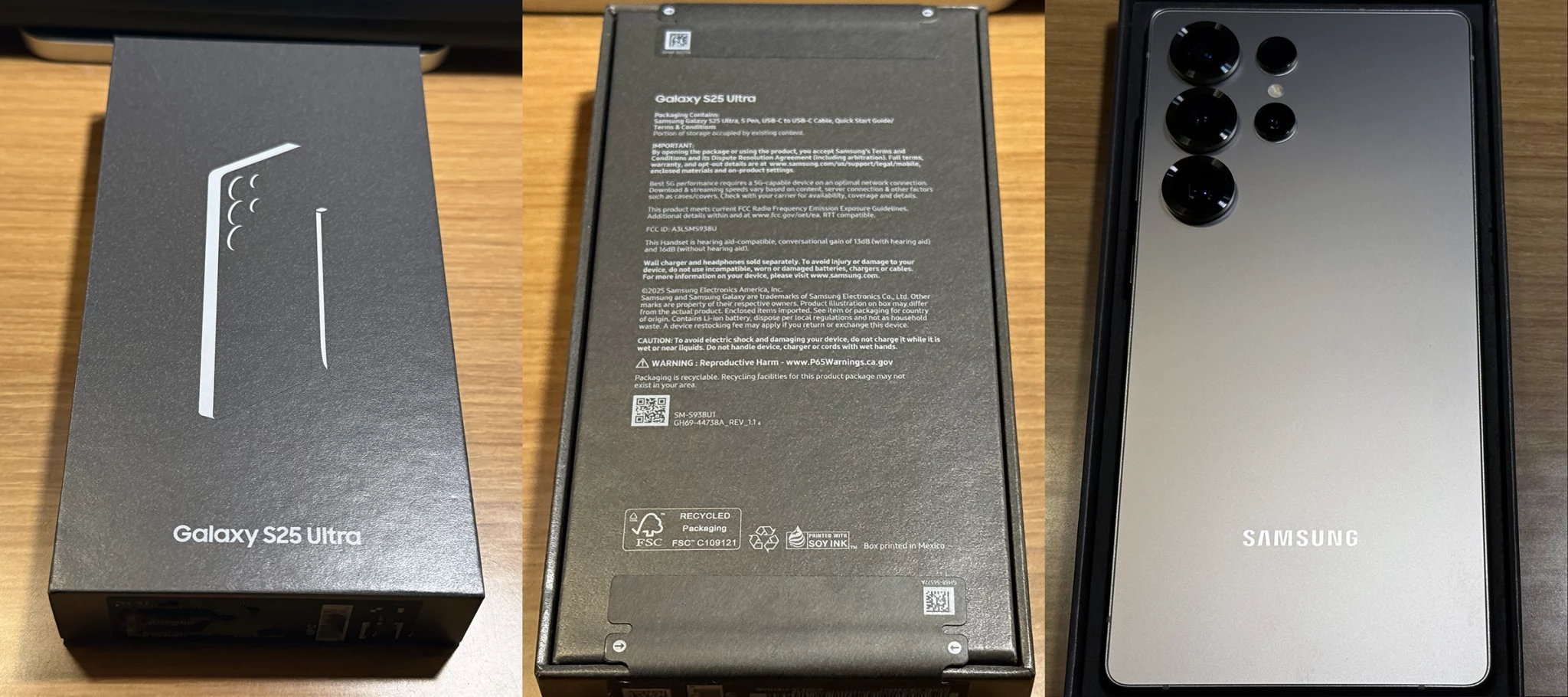A few bits of revelation has surfaced after Google Chairman (ex-CEO) Eric Schmidt testified before the Senate Judiciary Antitrust Committee back on September 21, 2011, to answer questions as to whether or not the firms practices were anti-competitive.
Schmidt’s complete oral testimony is here and his written testimony here. Two key responses stand out; Schmidt admitted that Google was dominant in search and did not believe Apple was a competitive threat in this area (I previously wrote about Siri and noted near the end of that posting how it represented Apple’s foray into search).
However, in written replies from additional questions posed to Schmidt, he changed his previous stance to state that Google is not dominant in search and that (competitor) Apple’s Siri represented a “significant development” and “competitive threat” to Google’s current search business. Back in September of 2010, Schmidt also dismissed Apple (and Facebook) as competitive threats when it came to search. With the introduction of Siri though, Schmidt backpedaled and said he was clearly wrong about these two points. Regarding the first point, Schmidt said he disagrees that Google is dominant and said instead that the company has worked very, very hard and been blessed with some good luck adding that even though Google has around 65% of the search market, stated, “I am confident that Google competes vigorously with a broad range of companies that go well beyond just Microsoft’s Bing and Yahoo, and that Google has none of the characteristics that I associate with market power.” Regarding Apple’s Siri, Schmidt stated that “Google has many strong competitors and we sometimes fail to anticipate the competitive threat posed by new methods of accessing information.”
The hearing of course is about whether or not Google is abusing its dominance in search by gaming the results to display its own properties above those of its competitors. Google for its part denies giving preferential treatment to its own products. Another question which doesn’t seem to be effectively answered is whether or not Google is using its dominance in search as leverage to enter into other markets, and then dumping free products into them as a way to acquire a dominant marketshare and those other markets. A perfect example of this is Android where they released it for free in order to quickly achieve marketshare (forget about the fact for a moment about all the services which tie back into Google’s cloud where it is all about mining your personal information all for the premise of advertisement either by directed ads or selling that information to the highest bidder) so as to not be locked out of advertisement revenues in the mobile space.
Another interesting point was Schmidt also said Google (Android) does not have a dominant position in the (U.S.) smartphone market by citing comScore which places Android at 34.1% while Apple’s iOS has 43.1% marketshare. Schmidt omits some important information though in that these numbers represent the total amount of connected devices (this includes iPad’s, iPod touch’s, Android based tablets and media players) and smartphones. comScore’s most recent marketshare numbers for just the U.S. smartphone arena does indeed show Android leading with 44.8% versus iOS’ (iPhone) 27.4%.
Why do I find these particular points to be of key interest? For one, I see it as Google trying to play two sides of the coin. Schmidt naturally wants to downplay that Google is not dominant which would make the anti-trust aspect moot. Secondly, much saber-rattling has been going on about how the Android platform has been eating iOS’ lunch when it came to marketshare. Most of those claims ignore the entire platform and only focus on the smartphone numbers which is disingenuous and misleading. The whole marketshare angle is about eyeballs + reach (when it comes to advertising), and also an important consideration when it comes to developer support. Showing Apple was losing marketshare was an attempt to sway people to believe that in the long term, Apple’s closed model would eventually fail against Androids more “open” model (like what happened to Apple in the PC space). Unsurprisingly, these marketshare numbers can be gamed and interpreted to support various agendas. What no one can hide is how even though Apple’s smartphone marketshare is smaller, it is eating everyones lunch from a profit point of view. Furthermore, trying to equate what happened in the PC desktop market and alluding that the same will happen in the mobile space is also erroneous because this time around, Apple has a huge ecosystem, critical developer support, and price parity.
The other more important aspect related to his answers is material when it comes to GOOG. Schmidt basically says Google search is a result of lots of hard work and luck. Wow! Related to this, he admits on the record that Siri represents an innovation in search and therefore poses a competitive threat to its own key business. As if to push the point home, he further goes on to cite two publications which called Siri a “Google killer”. To be fair, GOOG’s (and any other publicly traded company) 10-Q and 10-K filings with the SEC does state in very general terms such risks from intense industry competition. It does not provide more granular details however specifically naming companies or technologies. What is disingenuous though is to claim that Google’s current marketshare in search was partly due to luck. How is that supposed to instill confidence when 96% of Google’s revenues in 2010 came from advertising (with search being the key driver of those numbers)? Furthermore, anyone who has read Jobs’ biography should by now have a good feel for how driven he could be when he had something in his sights — which is why if you piece together all the little bits of acquisitions which Apple has made in addition to iCloud, the wheels have been in motion with the intention of cutting Google out of the loop. An ad-free iCloud e-mail is one of those I mentioned before. Another initiative Apple is working on is a way to replace Google Maps (the backend) completely with something better. If Apple were to change their mind about bringing the gallery web app to iCloud, people like myself would dispense with Picasaweb completely. If Apple brought hosted services back to iCloud, I would dispense with using Google’s Blogger to post up content like this. This all seems unlikely to happen though since iCloud is not about hosted web content.
On top of the MMI acquisition, this revelation of statements by Schmidt provides even more fuel to dump the remainder of my GOOG shares at some level above $600 per share (which as of this writing and the week prior, has been flirting close to that resistant level — the reason I’m not immediately selling is I understand the rigged casino mentality of Wall Street — I’m waiting for the smart money to make a bigger push in order to sell their own shares at levels closer to the previous 52 week high which represents an additional 7% gain from the $600 level).




One Comment